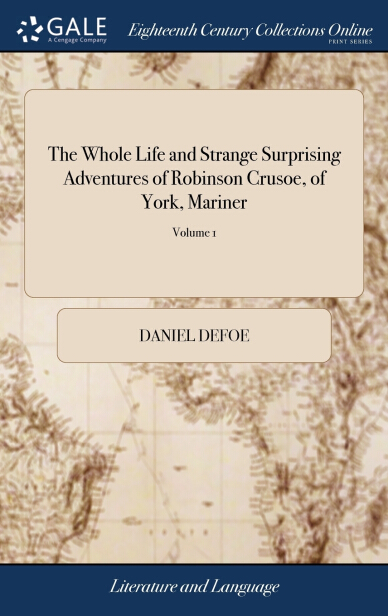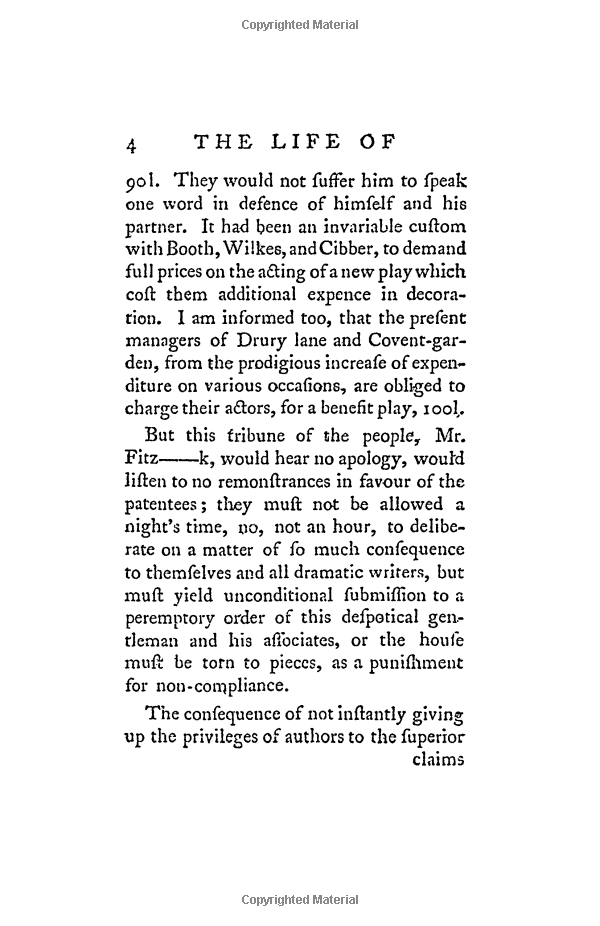The Life and Teachings of St. Peter Chrysologus: A Deep Dive into His Wisdom and Influence
#### Introduction to St. Peter ChrysologusSt. Peter Chrysologus, known as "Petrus Chrysologus" in Latin, was a prominent bishop of Ravenna in the 5th centur……
#### Introduction to St. Peter Chrysologus
St. Peter Chrysologus, known as "Petrus Chrysologus" in Latin, was a prominent bishop of Ravenna in the 5th century. Renowned for his eloquent sermons and theological insights, he has left a lasting impact on Christian thought. His title, which translates to "Peter the Golden-Worded," reflects his exceptional ability to communicate profound spiritual truths in accessible language.
#### The Historical Context of St. Peter Chrysologus
Living during a tumultuous period marked by political upheaval and theological debates, St. Peter Chrysologus played a crucial role in shaping the Christian doctrine of his time. The early Church was grappling with various heresies, and Chrysologus was instrumental in defending orthodox beliefs. His tenure as bishop coincided with the rise of the Western Roman Empire's influence over Christianity, making his contributions even more significant.
#### Chrysologus' Sermons and Their Relevance

One of the most remarkable aspects of St. Peter Chrysologus is his collection of sermons, which are celebrated for their clarity and depth. He delivered over 180 sermons, addressing various themes such as the nature of God, the importance of faith, and the moral responsibilities of Christians. His sermons often drew from Scripture, employing vivid imagery and relatable examples to engage his audience.
Chrysologus emphasized the importance of charity and compassion, urging his listeners to embody the teachings of Christ in their daily lives. His famous saying, "The Word of God is the light of the soul," encapsulates his belief in the transformative power of divine truth. These sermons continue to inspire Christians today, offering timeless wisdom that resonates across generations.
#### Theological Contributions of St. Peter Chrysologus
St. Peter Chrysologus made significant theological contributions that helped to clarify key doctrines of the Christian faith. He is particularly noted for his teachings on the Incarnation, emphasizing the dual nature of Christ as both fully divine and fully human. This understanding was crucial in countering heretical views that undermined the significance of Jesus' humanity.

His writings also delve into the nature of the Holy Spirit, the importance of the sacraments, and the role of the Church in salvation. Chrysologus articulated the belief that the Church is the mystical body of Christ, a concept that remains central to Catholic theology. His work laid the groundwork for future theologians and continues to be referenced in contemporary discussions on faith and doctrine.
#### The Legacy of St. Peter Chrysologus
The legacy of St. Peter Chrysologus extends beyond his lifetime. He was declared a Doctor of the Church, a title given to saints recognized for their significant contributions to theology and doctrine. His feast day is celebrated on July 30, honoring his life and teachings.
Chrysologus' influence can be seen in various aspects of Christian worship, particularly in the liturgy and homiletics. His approach to preaching has inspired countless clergy to adopt a style that is both engaging and theologically sound. Additionally, his emphasis on social justice and the moral imperative of helping the needy has left a lasting mark on the Church's mission in the world.

#### Conclusion: Embracing the Wisdom of St. Peter Chrysologus
In conclusion, St. Peter Chrysologus remains a vital figure in the history of Christianity. His eloquent sermons, theological insights, and commitment to the faith continue to inspire believers around the world. By studying his life and teachings, we can gain a deeper understanding of our faith and the call to live out the principles of love, charity, and compassion that he so passionately advocated. Embracing the wisdom of St. Peter Chrysologus encourages us to reflect on our own spiritual journeys and strive to embody the teachings of Christ in our lives.